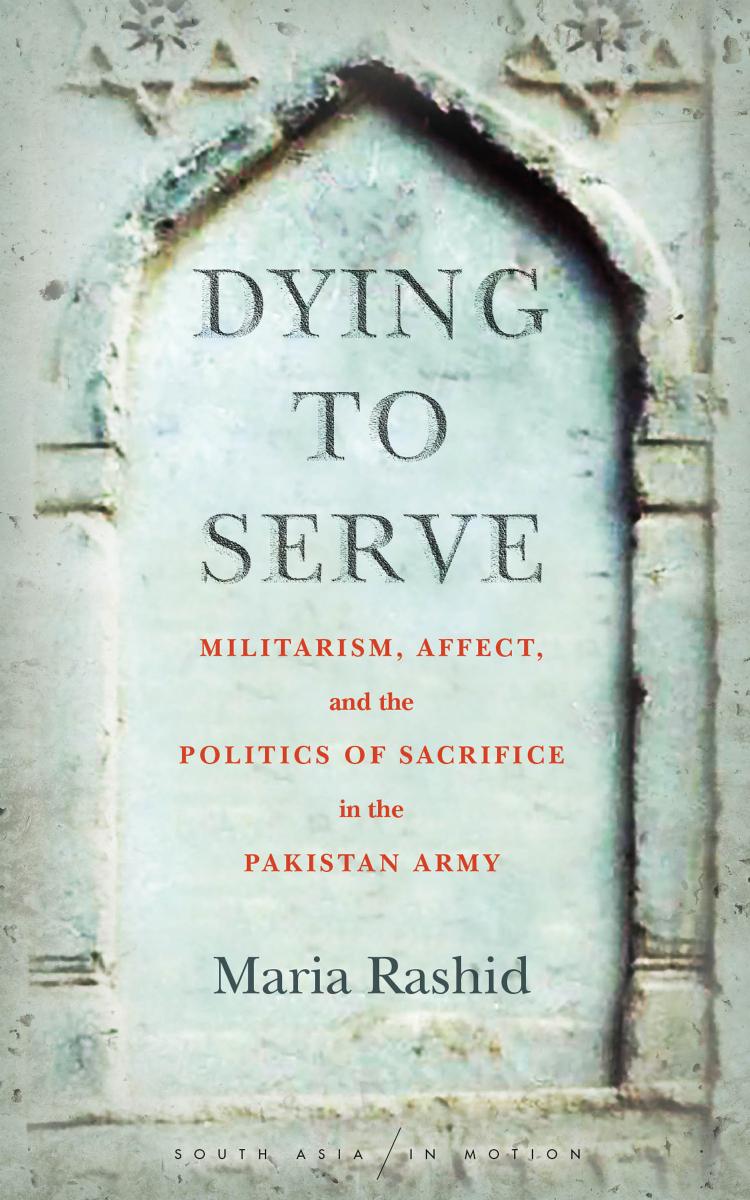Dying to Serve by Maria Rashid

Author:Maria Rashid [Rashid, Maria]
Language: eng
Format: epub, pdf
Publisher: Stanford University Press
Published: 2020-08-03T16:00:00+00:00
CHAPTER 6
THE VALUE OF LOSS
THE MONETIZED ASPECT of military death is an imperceptible narrative that exists alongside the more visible stories of loss, pride, and sacrifice. The complicated ways in which material tribute is offered as reparation for losses that are essentially irreparable—because death is final and the loss of limbs or faculties permanent—becomes acceptable and even claimed aggressively by those who receive this compensation are also part of these stories of sacrifice. Ayesha, who lost her nineteen-year-old son in South Waziristan, expressed her pain and in the same breath juxtaposed it with the futility of the recompense offered for it. “My heart explodes [in pain] when I think of him. Money has no value agar puttar nahio labda [if you can’t find your son],” Ayesha explained. “If he had not become a naukar [gone to serve in the military], he would not be a shaheed and would be alive today.” Ayesha vocalizes the inability to find her son with puttar nahio labda, signaling a continuous searching. Much like the way the earlier phrase karna parta hai (you have to do this) is spoken in the present tense, this phrase also signals a constant doing, a relentless burden of grief and regret that is not assuaged by what is offered in its place.
Material compensation offered by the Pakistani military is constructed as irrelevant and any mention of it is absent in the spectacles of commemoration and mourning despite it being an almost foundational weave in the tapestry that is military service. How and why is this invisibility desired, deployed, and maintained are important questions to answer to better unpack these economies as they yield insight into the desires and anxieties of the military institution and of those who receive compensation. The focus in this chapter shifts to the transaction, the paternalistic contract that serves as the bedrock of the relationship between the military and its subjects, and to the functions and limits of these regimes of compensation in case of death of the solider.
The reason for most compensation regimes offered by the state is to address losses incurred by its citizens for which it takes responsibility. Strategically, compensation regimes serve to present and uphold the image of a benevolent state that assumes responsibility for the safety and protection of its citizens. They acknowledge the state’s inability to fulfill this responsibility and allow reparation for losses incurred as a result. Compensatory regimes for security personnel such as the police and the military, for whom death and disability are calculated risks of employment, are additionally driven by such practical concerns as sustaining morale, ensuring loyalty, and reducing desertions.1 In this case they operate much like the gifts and countergifts suggested by Marcel Mauss, reflecting the cycle of obligation and reciprocity, although in this case the debt owed might be for life itself.2
Conversely, the politics of compensation can also work to exculpate the state, such as when governments readily offer reparation for their action or inaction without mitigating the circumstances that led to loss of life or damage to property.
Download
This site does not store any files on its server. We only index and link to content provided by other sites. Please contact the content providers to delete copyright contents if any and email us, we'll remove relevant links or contents immediately.
| Arms Control | Diplomacy |
| Security | Trades & Tariffs |
| Treaties | African |
| Asian | Australian & Oceanian |
| Canadian | Caribbean & Latin American |
| European | Middle Eastern |
| Russian & Former Soviet Union |
The Secret History by Donna Tartt(16610)
The Social Justice Warrior Handbook by Lisa De Pasquale(11485)
Thirteen Reasons Why by Jay Asher(7782)
This Is How You Lose Her by Junot Diaz(5753)
Weapons of Math Destruction by Cathy O'Neil(5031)
Zero to One by Peter Thiel(4817)
The Myth of the Strong Leader by Archie Brown(4785)
Promise Me, Dad by Joe Biden(4440)
Stone's Rules by Roger Stone(4412)
Beartown by Fredrik Backman(4404)
How Democracies Die by Steven Levitsky & Daniel Ziblatt(4392)
The Fire Next Time by James Baldwin(4337)
100 Deadly Skills by Clint Emerson(4071)
A Higher Loyalty: Truth, Lies, and Leadership by James Comey(4026)
Rise and Kill First by Ronen Bergman(4008)
The David Icke Guide to the Global Conspiracy (and how to end it) by David Icke(3875)
The Farm by Tom Rob Smith(3869)
Secrecy World by Jake Bernstein(3773)
The Doomsday Machine by Daniel Ellsberg(3725)
